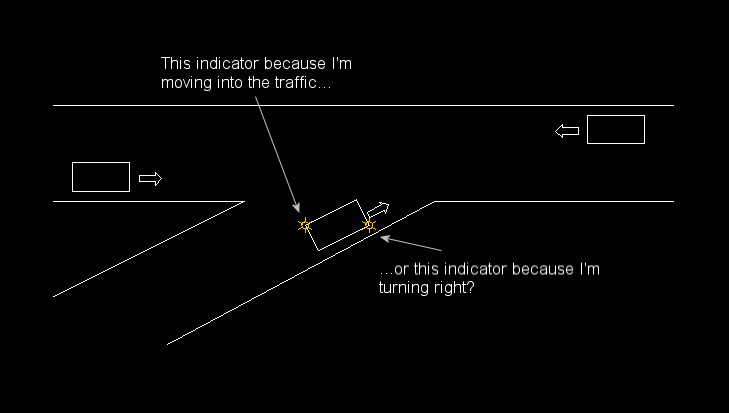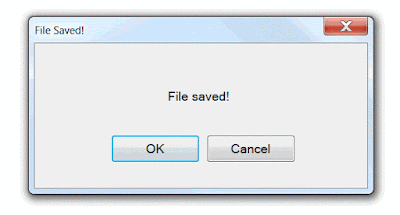Neural Fusion

"Hells bells!" I thought to myself. "It's Valentine's Day!" And though it is very commercial, you can't ignore it. Not if you're married to an Italian. Not if you don't want to wake up dead on the 15 th . So, just in time, I went to the florists and bought seven red roses. I was lucky, there were no other customers, plenty of roses left. (Seven. That's right isn't it? I mean. Twelve seems such an unromantic number. 12 inches to the foot. And twenty-four! That is even more unromantic. Twenty four hours in a day – boring. But seven is a magic lucky number.) As I handed the florist the money I thought: "It seems only yesterday that I was doing this very same thing, and yet it was a year ago." And when my wife came in that night she was very pleased to see the vase with the seven roses in the center of the table. "They're lovely! But why?" It struck me then that it ...




